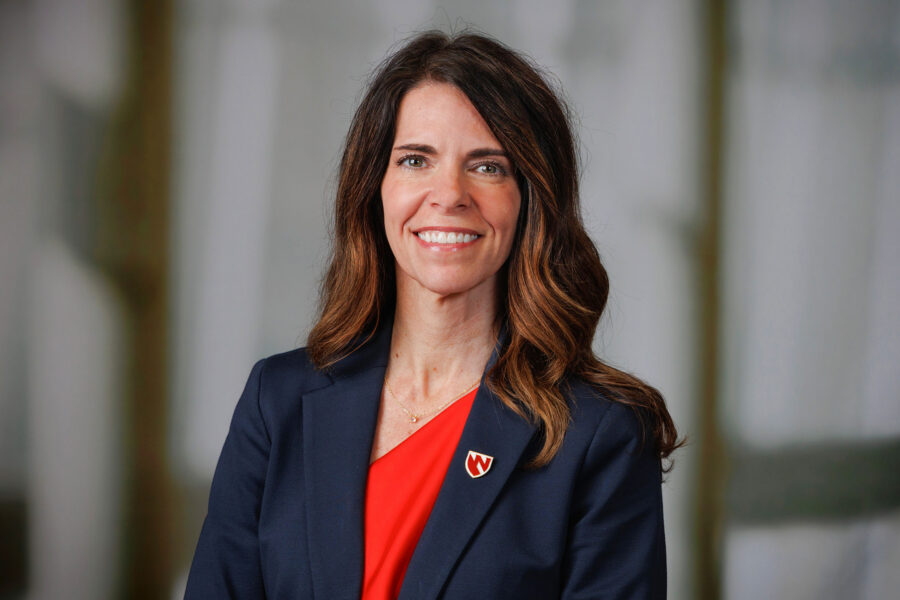Newsroom
Two new leaders named in research operations
Katie Penas takes on a shared leadership role between UNMC and Nebraska Medicine, while Ellen Kerns, PhD, is scientific director of the READi Core.
Mar 4, 2026
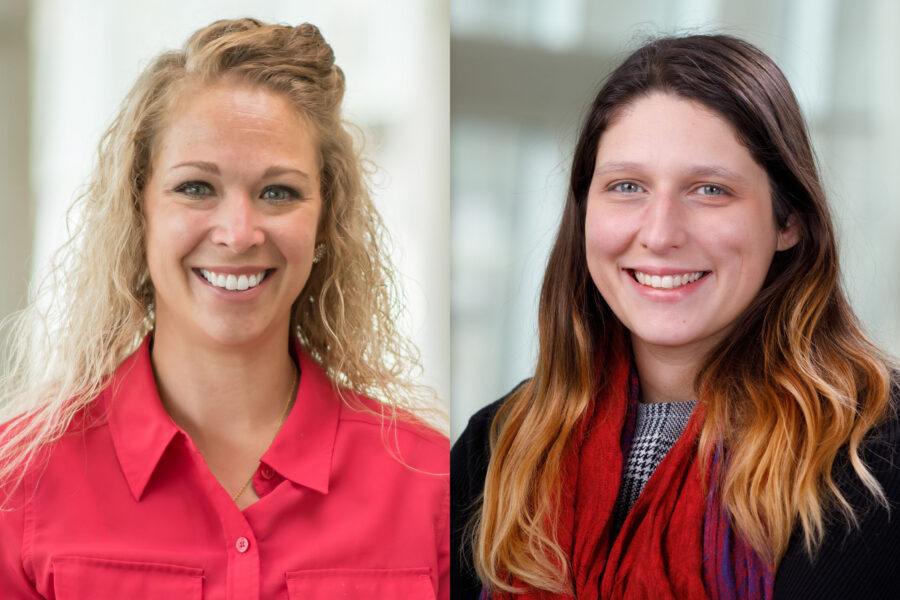
Impact in Education: Alfred Fisher, MD, PhD
Dr. Fisher is a professor and chief of the UNMC Division of Geriatrics, Gerontology and Palliative Medicine.
Mar 4, 2026
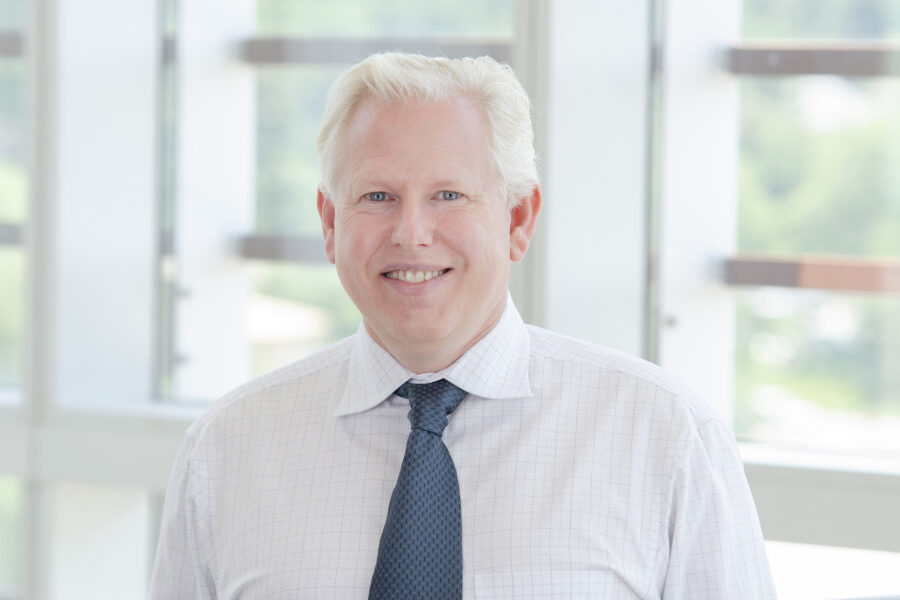
UNMC anesthesiology research climbs national rankings
The department has advanced a vision to strengthen research excellence alongside clinical and educational missions.
Mar 4, 2026
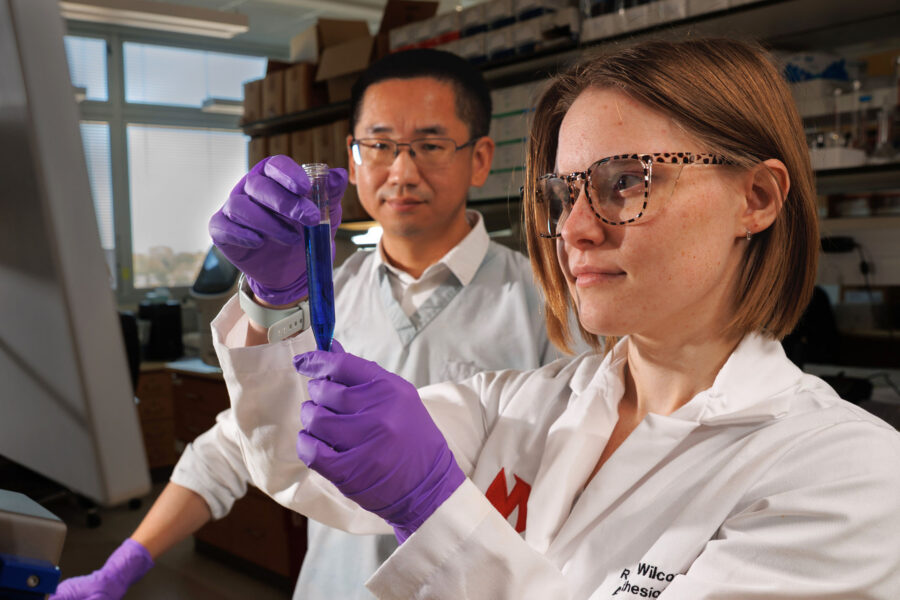
Bennington clinic opens a new chapter in neighborhood care
Bennington Health Center opens next week, offering families northwest of the Omaha metro convenient access to primary care.
Mar 4, 2026
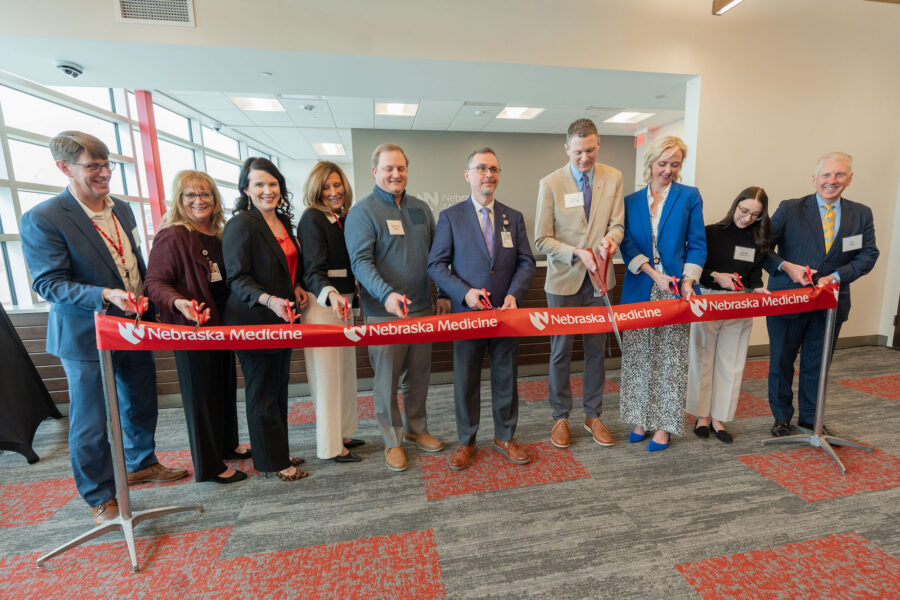
Tissue engineering conference set for April 17 at UNMC
The event is sponsored by the Great Plains IDeA-CTR Network.
Mar 4, 2026
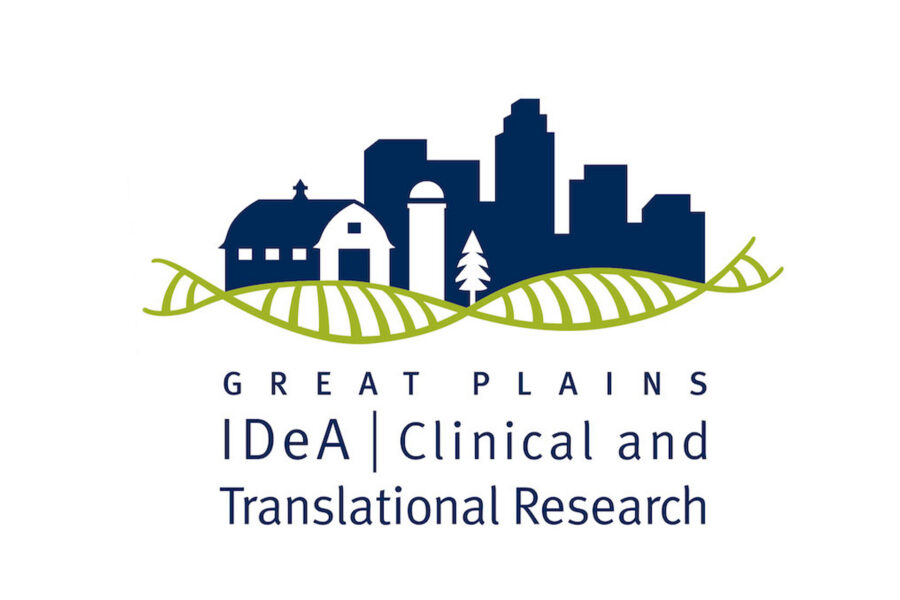
UNMC joins consortium for medical innovation
The Global Consortium of Innovation and Engineering in Medicine aims to advance medicine through collaboration.
Mar 3, 2026
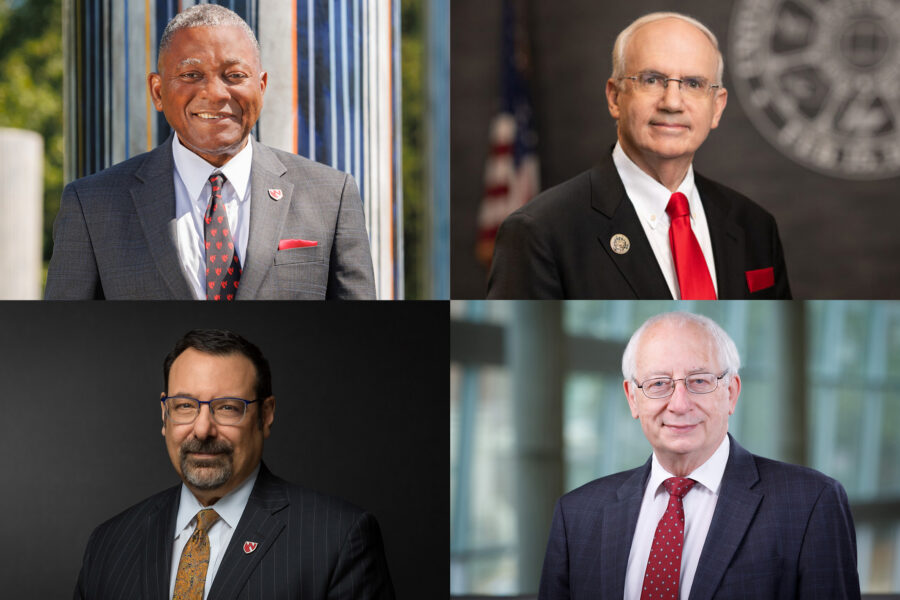
Impact in Education: Therese Mathews, PhD
Dr. Mathews is an associate professor in the UNMC College of Nursing.
Mar 3, 2026
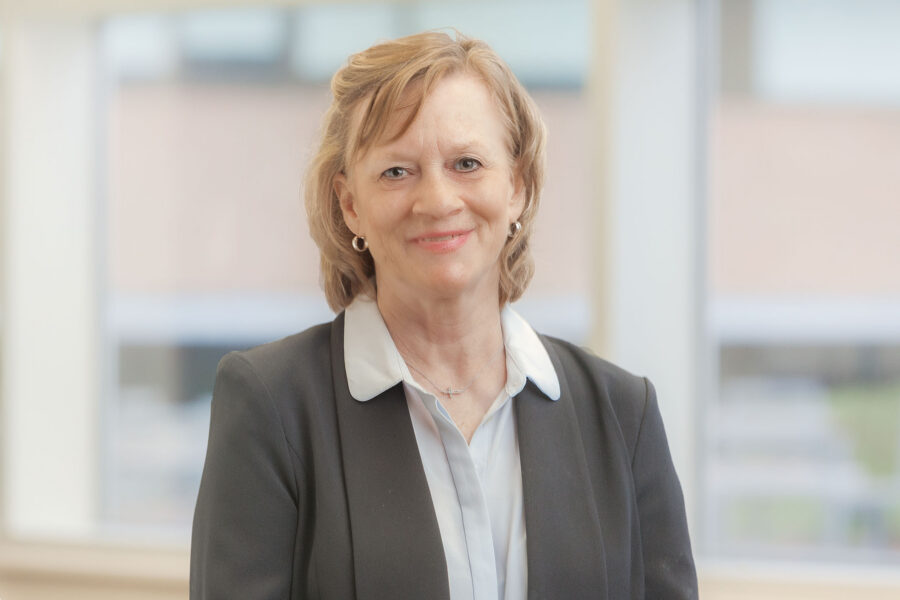
UNMC discounts available for Omaha Performing Arts shows
Performances include ‘& Juliet,’ Endea Owens, ‘Discovering the Galapagos,’ Etienne Charles and ‘SIX The Musical.’
Mar 3, 2026
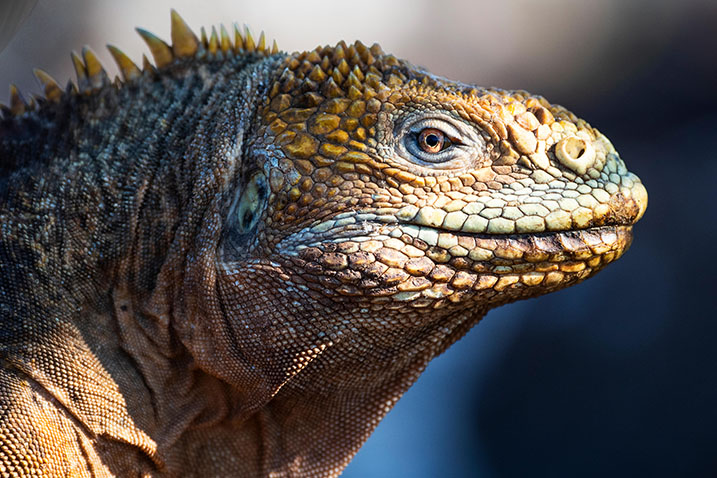
Center for Healthy Living promotes ‘Lifting for Longevity’
Strength training is a powerful habit to counter age-related muscle loss.
Mar 3, 2026
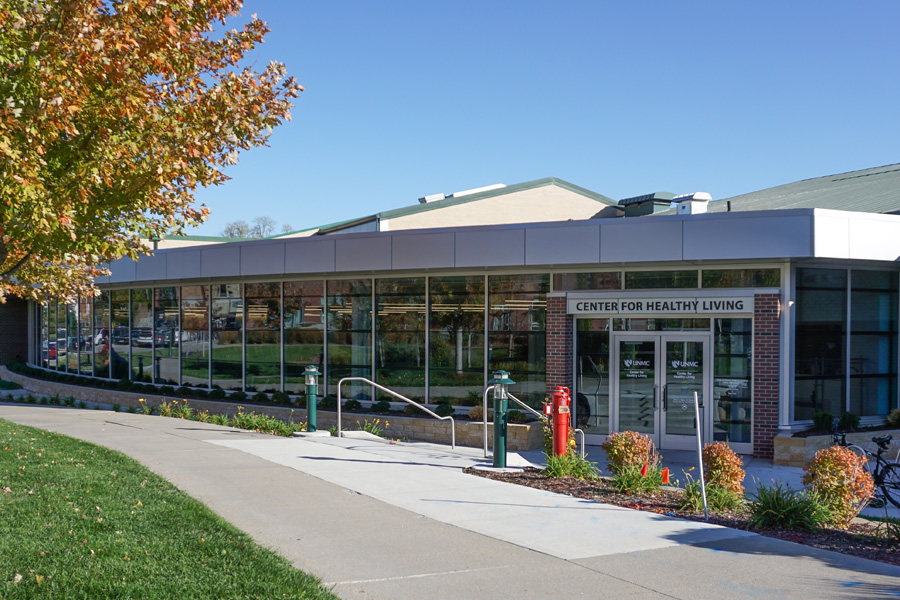
Tammy Webster, PhD, named finalist for allied health dean
Dr. Webster, executive associate dean of the UNMC College of Allied Health Professions, will deliver a campus presentation Monday, March 9 on the UNMC Omaha campus.
Mar 2, 2026
